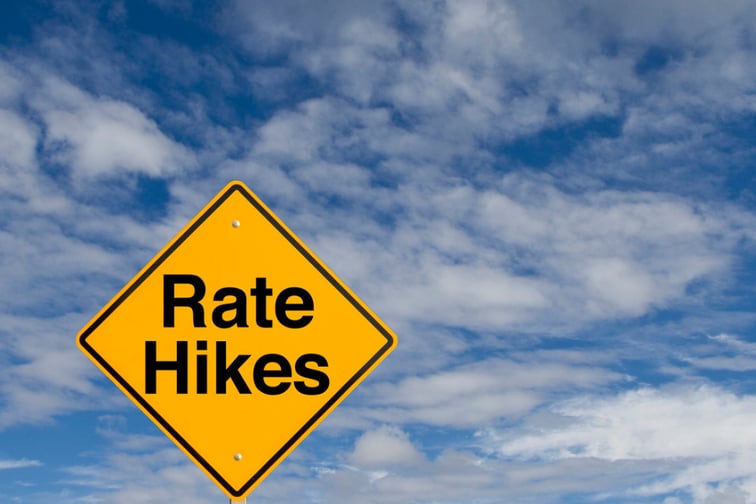

Millions of homeowners in Florida are told to brace for higher insurance costs as the state’s largest home insurer revealed plans to impose a 14% rate hike.
In addition to this hike, Citizens also warned of the possibility of a “hurricane tax” should there be another catastrophic storm to hit the state – or even just several smaller ones.
The warning comes as Citizens’ fiscal report exposed the full impact that Hurricane Ian has had on the company’s financial resources.
According to the report, the hurricane had left the company with only $4.9 billion in surplus, down almost $2 billion from what it had during the last two hurricane seasons.
“Currently, Citizens is projected to have a considerable portion of its surplus exposed in the 2023 storm season and has the potential for significant assessments for a 1‐100 year event or after multiple smaller events,” the report noted, as cited by the Miami Herald.
The state-run company currently insures 1.2 million homeowners, having seen a 50% single-year increase as Florida’s tumultuous property insurance market pushes private insurers to go bankrupt or deny coverage to high-risk properties.
Citizens’ 14% rate hike would be the highest for the company since the state capped insurance rate increases at 10% back in 2009. The request was approved by its board of governors on Wednesday, but it will still need approval from Florida’s Office of Insurance Regulation.
“It’s better news than the private market,” Mark Friedlander, corporate communications director at the Insurance Information Institute told WESH 2 News. “That’s the best way I could say it. There’s no great news in the Florida home insurance market right now in terms of costs and availability.”
Commenting on the rate hike, Citizens president Tim Cerio said the increase is part of the company’s 2023 mission to push policies into the private market.
“The larger we grow, the greater our exposure, and the greater our exposure, the greater our risk to the taxpayers of an assessment,” Cerio said. “We’re going to work hard to depopulate and truly return to being the state’s residual insurer, or insurer of last resort.”
What are your thoughts on this story? Feel free to comment below.
